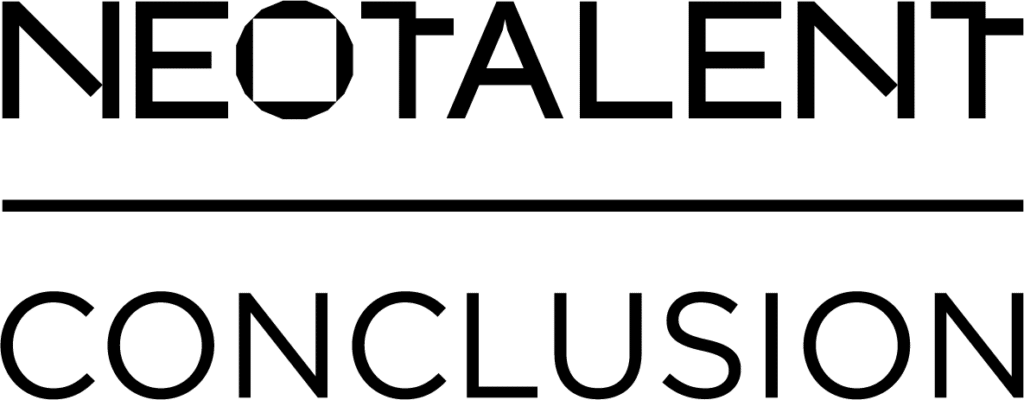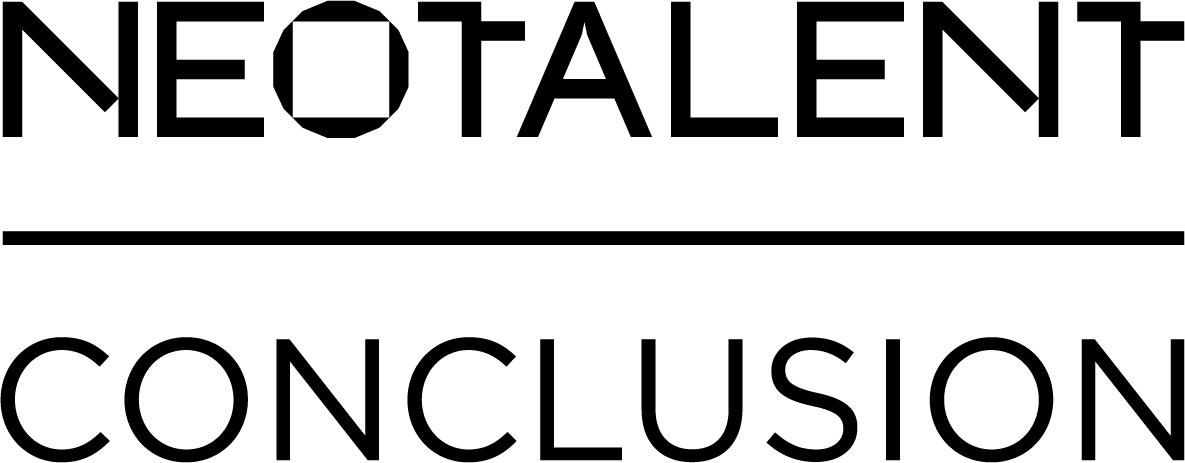Soft skills and their importance when hiring new employees is an increasingly present topic in the business context. According to LinkedIn’s Global Talent Trends (2019) report, 89% of recruiters say that when a hire doesn’t work out, it’s usually due to a lack of social skills.
Even in an area as specialized as IT (Information Technology), there are recruitment processes where social skills outweigh technical ones. For example, a Project Manager who does not know how to work in a team will hardly be able to evolve in that role and succeed.
The terms “soft skills” and “hard skills” appeared in the 1970s, but this terminology no longer makes sense. Social skills and technical skills are equally relevant and should be treated as complementary.
In fact, the truth is that the so-called soft skills have very little soft about them: we are talking about interpersonal and social skills, which reflect (also) the character of each person. They mirror someone’s attitude and/or mindset, to which experience, maturity and self-knowledge contribute.
Social skills are not ‘easy’ or ‘simple’ skills. On the contrary: they strongly impact how we learn, how we work and how we achieve results. They require attention, and it is with a lot of persistence and will that we can work on them. If we do so and in the process discover our strengths, our working method and our values as professionals, we will certainly be on the right track to develop our career.
Let us pause to reflect on the following example: without perseverance (a social skill) it is very difficult – almost impossible, I would say – to develop a new technical skill (popularly known as a hard skill). If we are not persevering, we will find it very difficult to persist and not give up until we master a certain technical skill.
In addition, it is important that, throughout the learning process, we know how to deal with frustration, persisting until we reach the intended goals. This is only possible if we cultivate certain social skills, which help us to communicate, build relationships, and evolve as people and professionals.
It is based on this reasoning that I believe we should stop calling social skills “soft skills”. In doing so, we are diminishing them by comparison to the “hard skills”. We should look at both as two types of skills that complement each other; as two sides of the same coin that, worked on simultaneously, allow for excellent results.
To conclude, I think it is pertinent to pay attention to the view shared by Simon Sinek, the most watched TED Talk speaker ever and author of books such as “Start With Why”, who argues that “soft” skills are anything but “soft” and that we should refer to these skills as “human” skills. Sinek goes further and distinguishes between soft and hard skills in a short and simple way: technical skills are those that allow us to do our job, and social skills help us to be better human beings.
At the end of the day, ideally, we should be able to combine our technical and social skills to become better and more complete people and professionals, and to contribute to the growth of our team.
Susana Correia
Head of Talent Acquisition
Wife, mother in constant learning and for more than 10 years working in talent attraction, an area that I am passionate about and challenges me every day. I like the feeling of liberation that travel gives me, so I’ve made travel my hobby in recent years, but nothing compares to coming home to our own.





